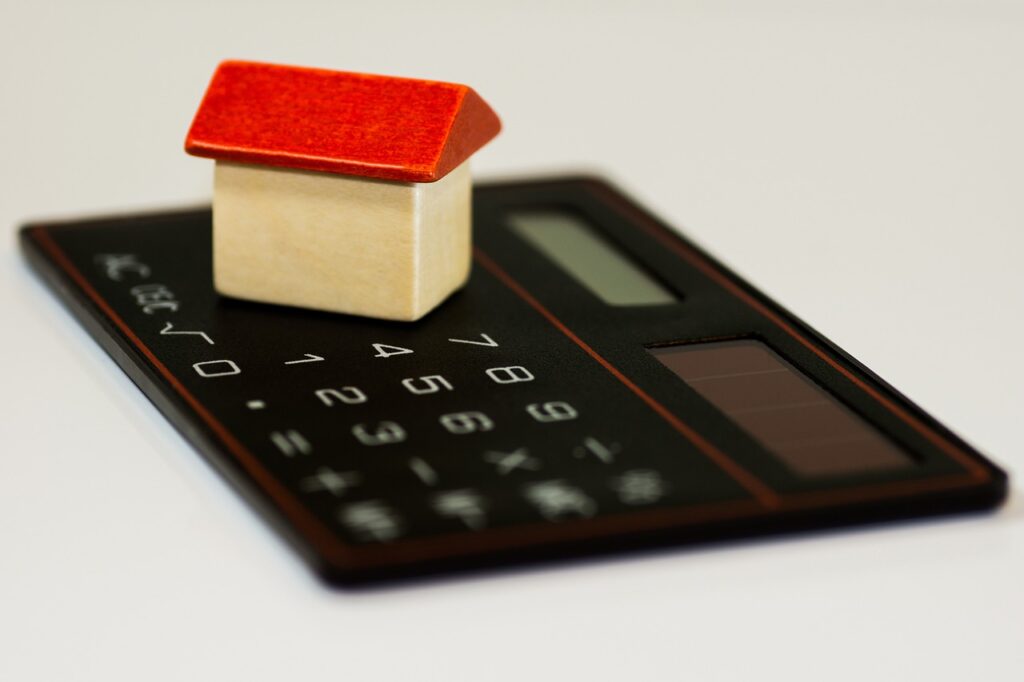Following Chancellor Kwasi Kwarteng’s mini-Budget the value of the pound has drastically fallen.
-
The value of the pound has fallen steeply since Chancellor Kwasi Kwarteng delivered his mini-Budget, briefly hitting a record low against the US dollar
-
The situation is expected to lead to higher interest rates, which could reach 6% by May
-
Mortgage rates are also expected to rise, which would affect the buying power of households and lead to a sharp slowdown in the housing market
The value of the pound has fallen steeply since Chancellor Kwasi Kwarteng delivered his mini-Budget.
The pound briefly hit a record low against the US dollar on Monday, as markets digested the implications of tax cuts and higher government borrowing for the UK economy.
Many economists have predicted the give-aways will stoke inflation and lead to higher interest rates.
Why has the pound fallen so much?
The pound has been weakening for some time against the dollar in line with other global currencies as the US central bank, the Federal Reserve, increases interest rates in the USA, drawing in international investors.
The pound has weakened further due to market uncertainty over the funding costs for the spending changes announced in the mini budget.
Kwarteng announced tax cuts and other support measures worth an estimated £45 billion in the mini-Budget.
He believes putting more money in people’s pockets and reducing the amount of tax businesses have to pay will increase demand and help to drive economic growth.
In fact, he has set a target for GDP to reach 2.5% a year over the medium term, arguing that growing the UK economy will reduce the UK’s debt-to-GDP ratio in a fiscally sustainable way.
Unfortunately, the markets do not agree.
Investors are worried that the Chancellor’s give-aways will lead to higher inflation, which will mean higher interest rates that will reduce economic growth.
The Bank of England has already had to raise interest rates aggressively in a bid to tackle inflation, which is currently at a 40-year high.
It has increased the Bank Rate from 0.1% in December to 2.25% now.
Investors are concerned that the Bank of England will now have to raise rates even higher than previously thought to get inflation back under control.
At the same time, they think the tax cuts will lead to higher government borrowing.
This has made them lose confidence in the pound, leading to them selling the currency, causing its value to drop.
What does the fall in the pound mean?
The value of currencies fluctuates all the time. But the recent drop in the pound is of a different order of magnitude, with the currency at one point losing nearly 5% of its value against the US dollar.
This is important because global commodities – everything from oil to grain – are priced in US dollars.
As a result, the drop in the pound means the cost of everything the UK imports has become more expensive, which will drive inflation higher.
In order to control inflation, the Bank of England may have to hike interest rates even more aggressively than previously thought.
How high could interest rates go?
Before the mini-Budget, economists were predicting interest rates would peak at between 3% and 4% in the middle of next year.
The money markets now expect them to reach 6% by May. If this happened, it would represent a 3.75% increase from the current level of 2.25%.
But it is important to stress that this is just a prediction – markets can be volatile and fluctuate in times of greater uncertainty.
Markets are less confident in the UK government’s plans, especially given the fact that the proposals were not accompanied by an independent forecast from the Office for Budget Responsibility.
Hopefully If the government can regain their confidence, the pound should strengthen again, and interest rates may not have to rise so steeply.
What happens next?
There is speculation that the Bank of England will have to step in to help restore confidence in the pound, either by holding an emergency meeting to increase interest rates, or raising them steeply at its scheduled meeting in early November.
Unfortunately, the increase would need to be dramatic to make a difference, with traders betting rates could be increased to just below 4% by November.
What does this mean for mortgages?
Mortgage rates reached record lows in early 2022 but higher inflation and rising interest rates means higher borrowing costs for new buyers using a mortgage and those looking to refinance.
Since December last year, average mortgage rates have risen across the board as the cost of money for banks has risen.
If interest rates do rise to 6% by May, and mortgage rates increase by the same amount, it would add £465 a month to a £200,000 mortgage.
That is a pretty sizeable increase for new borrowers.
Existing borrowers will have had to prove to their bank they could afford a 6 or 7% mortgage rate to get a mortgage in the last 5 years, so there is some insulation to higher rates but perhaps less so at a time of rising living costs.
There are steps homeowners can take to protect themselves.
What precautionary measures can you take?
If you are currently on a fixed rate mortgage, you don’t need to do anything, as the mortgage rate you are charged will stay the same for your product term, usually two or five years.
If you are on your lender’s standard variable rate – the rate you are automatically put on when your mortgage deal ends – you should try to re-mortgage as soon as possible.
The average cost of a two-year fixed rate mortgage is currently 4.24%, while a five-year one is 4.33%.
If you take out one of these deals now, your interest rate will stay the same for two or five years – depending on the term you opt for – by which time inflation should be back under control and interest rates could be heading down again.
If you are currently on a tracker mortgage, under which the interest rate charged moves up and down in line with changes to the Bank Rate, you may want to consider exiting your deal early in order to take out a fixed rate one.
But before you do so, be sure to check whether you will incur any exit penalties, as these may wipe out the savings you would make.
Equally, if you only have a few months left on a fixed rate deal, you may want to consider exiting it to take out a new one before interest rates rise further.
Again, it is important to weigh up the penalties you would pay against the potential savings you would make.
It is also worth remembering that many lenders will let you ‘book’ a new mortgage deal up to three to six months before your current one ends, which may enable you to secure a new rate without having to pay an early redemption penalty.
How could this affect the housing market?
The surge in mortgage rates means buying power in the housing market will be hit, compounding the rising cost of living and economic uncertainty. House price growth will slow and we are set to move to more of a buyers market.
However, 25% of sales involve no mortgage and a large proportion of other sales have small to mid sized loans which will reduce the impact on borrowers. The greatest impact will be felt by those wanting to move, taking on more debt to buy a larger home or buying their first home.
The Chancellor announced in the mini-Budget that the threshold at which stamp duty is paid had been doubled to £250,000, in a bid to kick-start activity.
But rapidly rising interest rates, which will reduce the amount people can afford to borrow, is likely to more than offset any boost provided by the stamp duty cut.




